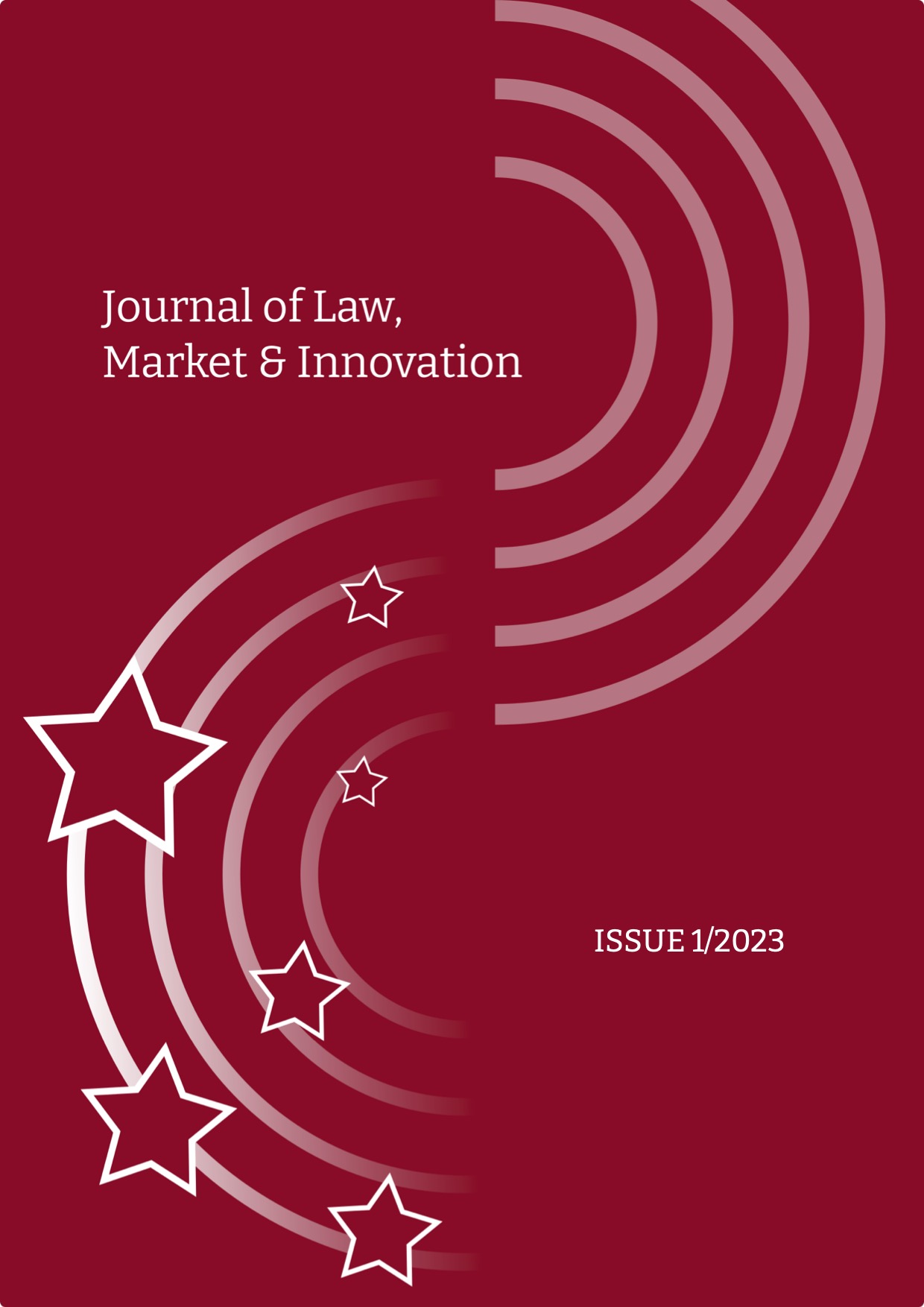Sanctions, open-source software, and opposing trends in sovereignty
DOI:
https://doi.org/10.13135/2785-7867/7438Keywords:
Software Development, Open source, Technology and Innovation, SanctionsAbstract
Sanctions have long been part of the international relations between States; they are used by different States and affect different areas. Among the different types of sanctions, sanctions relating to technology and innovation are of particular interest because they are likely to have the most long-lasting effects. Today, despite the fact software development issues are not as topical in academic literature as cryptocurrencies or non-fungible tokens (NFTs) are, there is no denying that software development and licensing plays a significant role in the economy. Software exists at the heart of all emerging technologies, and a large part of a technology’s success depends on its quality and efficiency. A peculiarity of software development is the phenomenon of open-source software - code made publicly available by the developer to the entire community. It is difficult to imagine modern software development without the use of open- source.
This article aims to analyse the applicability of economic sanctions to open-source software given its international character and peculiar distribution model.
The first section will describe the phenomenon of open-source software as such, its key characteristics, and distinguishing features that are relevant for the application or non-application of sanctions rules. It will also address the problem of defining jurisdiction over open-source software, taking into consideration the international dimension of cyberspace, which leads to a discussion about the erosion of State sovereignty along with the other emerging technologies.
The second section will cover US and EU sanctions relating to technology and innovation, primarily with regard to software. The design of sanctions will be compared and the key distinction concerning the extraterritoriality of sanctions will be discussed.
In the third section, specific provisions of sanctions regulations will be applied to free and open-source software (FOSS). In particular, the five-step model for determining the applicability of US export control regulations to FOSS will be described. The specific US approaches to determining jurisdiction based on the presence of US components in a product will be discussed. Thereon, a new model for determining jurisdiction specifically in the area of technology and innovation will be discussed, which goes beyond the usual territorial and national principles and constitutes a new legal basis for the extraterritorial application of the law.
Finally, the last part will contrapose the two trends described above: first, the erosion of sovereignty due to the development of new technologies, and, second, the reassertion of sovereignty as the State begins to legislate in the areas previously free from regulation and to apply new approaches to the definition of its jurisdiction.



 EJIF has been approved for inclusion in
EJIF has been approved for inclusion in  The Journal of Law, Market & Innovation is indexed in
The Journal of Law, Market & Innovation is indexed in  The Journal of Law, Market & Innovation is indexed in
The Journal of Law, Market & Innovation is indexed in  The Journal of Law, Market & Innovation is indexed in
The Journal of Law, Market & Innovation is indexed in  The Journal of Law, Market & Innovation is indexed in
The Journal of Law, Market & Innovation is indexed in  The JLMI is classified as a "Class A" journal for Law (Area 12) by the Italian
The JLMI is classified as a "Class A" journal for Law (Area 12) by the Italian 
